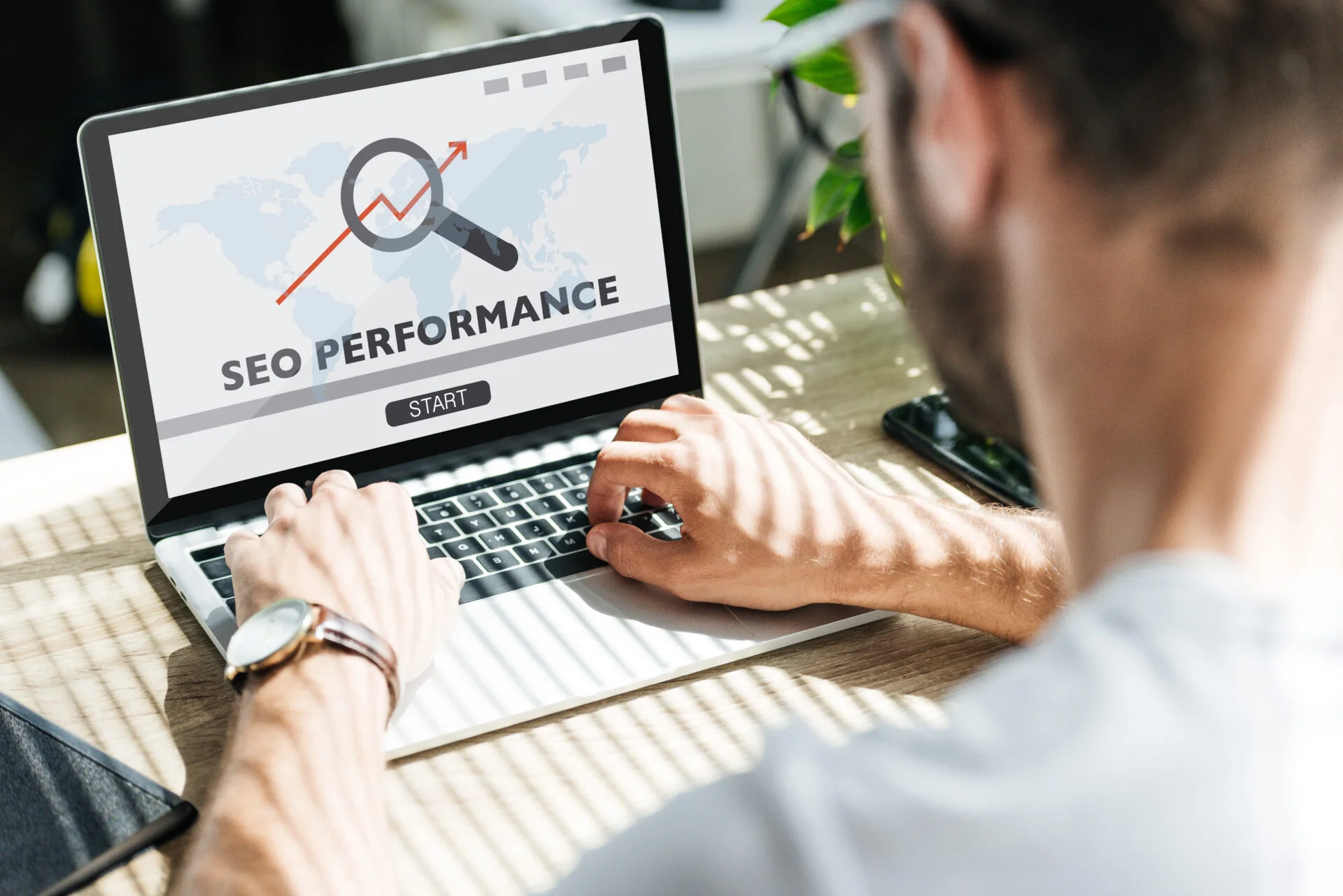It’s an age-old question in the world of SEO (search engine optimization): is quality content more important than backlinks for search engine rankings? Today, I’m going to break down which one you should focus on if you want to be successful in your online marketing campaigns and make it to the top of Google’s search results.
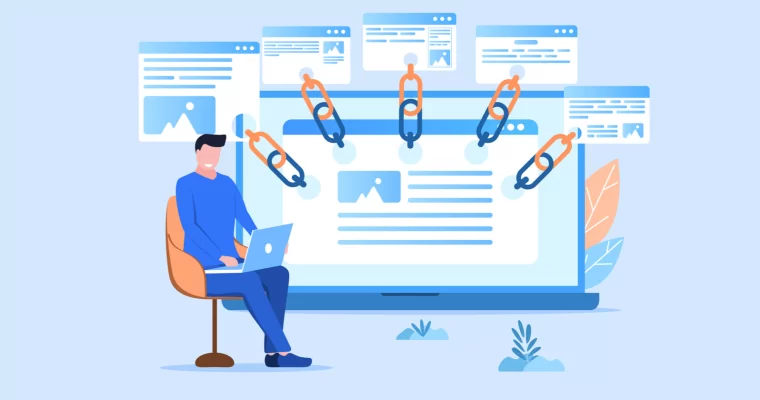
Consistency
The quality of your content should be more important than backlinks when it comes to ranking well in search engines. However, not all backlinks are equal. If you’re wondering which type of links have more weight, look no further. Here are some things to consider if you want a successful link-building campaign without hurting your ranking.
This is how Google has weighed links since 2011 and how they weigh them today. This doesn’t mean that you shouldn’t build high-quality links to your site; rather, it means that when creating content, ensure that you focus on creating great pieces of writing before worrying about getting other sites to link to yours.
Quantity vs. Quality
When it comes to backlinks, more certainly isn’t better. In fact, several studies have shown that an over-reliance on links can actually hurt your search rankings. The truth is that quality—not quantity—is what truly matters when it comes to SEO. Sure, there are some sites out there with a million backlinks (that’s a lot) but most of them are spammy and manipulative in nature.
In fact, even a site with 10 backlinks will likely rank higher than one with 1,000 spammy links and anchor text; so don’t put all your eggs in one basket when it comes to SEO—focus on creating relevant, helpful content that people want to share and link to you naturally. The rest will follow!
Seeding Content Around the Web
A study by Moz and BuzzSumo found that most content performed better on social media if it was seeded beforehand. In other words, if you promote your content through Twitter when it first goes live, for example, people are more likely to engage with it and click through. According to these findings, it’s more important to promote your content early on than after it’s already had a chance to collect lots of backlinks.
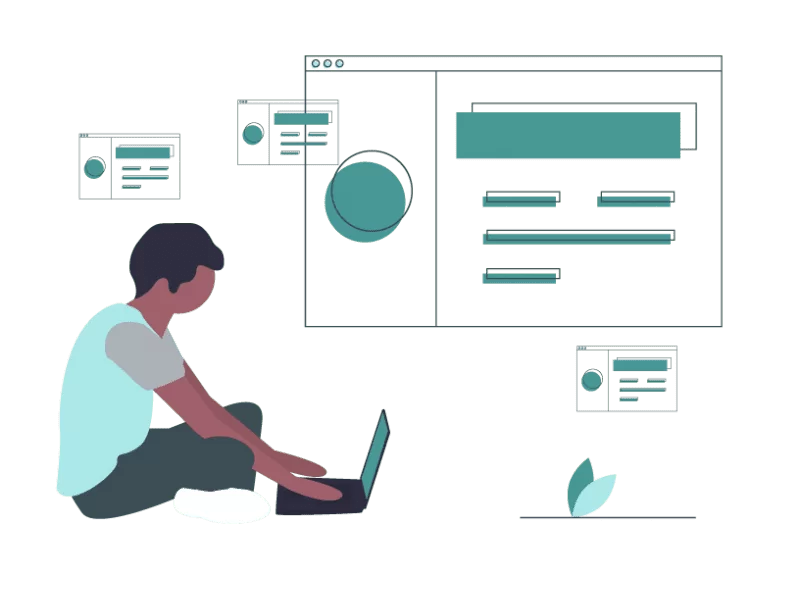
As long as you get in there and start seeding before anyone else has even heard of your content, there should be no limit to how well you can perform. This shows how important quality SEO services are! The sooner you begin marketing your site, and before any competitors have time to create their own versions of your work, the better off you will be. Don’t wait until Google starts showing your site higher in search results; go out there and find them yourself! Start making waves today with our high-quality link building service.
Take Advantage of Guest Posting
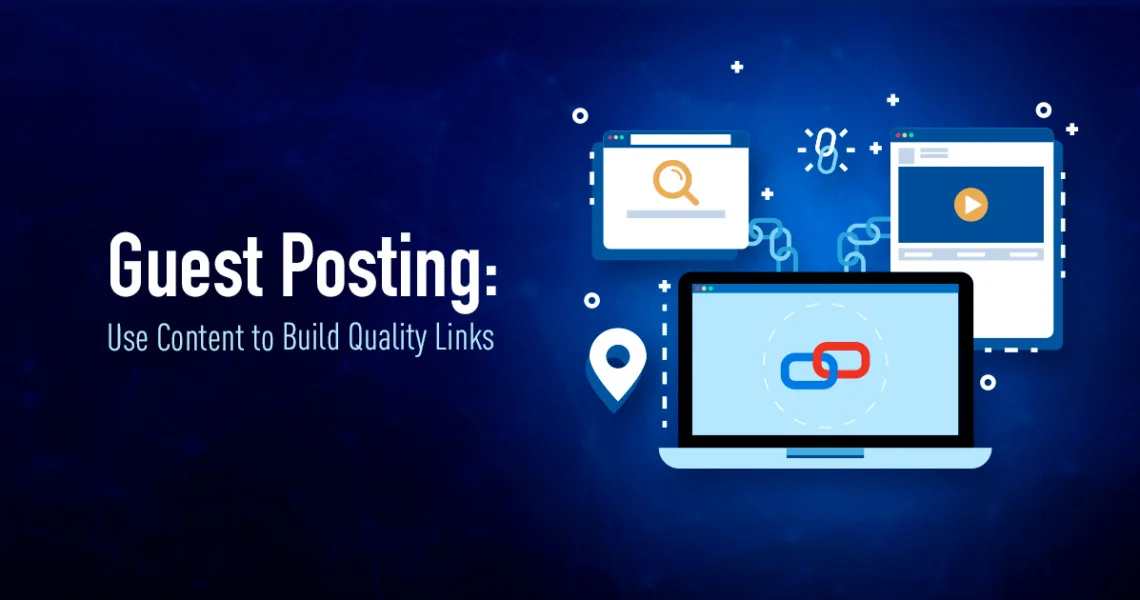
Have a knack for writing on your industry’s hot topics, but aren’t getting much attention from readers on your own site? Try guest posting. Posting on a popular industry site with a lot of link juice can help build backlinks to your own website and boost traffic at no cost to you.
This can also be helpful in terms of improving search engine rankings and establishing yourself as an authority in your field. Just make sure you read up on proper etiquette before hitting submit! Many sites don’t accept guest posts unless they come from an established writer in the industry, and most won’t let you use sites you’ve written for previously (no repeats). Make sure to do enough research beforehand so that you’re aware of these rules (and any others), too.
Long-Form Content
Unlike off-page optimization, which involves creating inbound links to your website from other sites and pages, on-page optimization refers to elements of a web page that can be edited directly from within a site’s HTML code. For example, internal linking—the practice of strategically linking related pages together—can boost a page’s ranking with search engines.
Basic on-page optimization could involve using title tags, heading tags and image ALT text to optimize a web page’s appearance in Google search results. These techniques take time and patience but offer long-term benefits as search engines continue to reward quality content through increased rankings.
It’s also important to remember that some elements of on-page optimization are beyond an individual page’s control. Linking out to relevant websites and avoiding duplicate content, for instance, can help improve an entire website’s search engine visibility.
On-Page Optimization
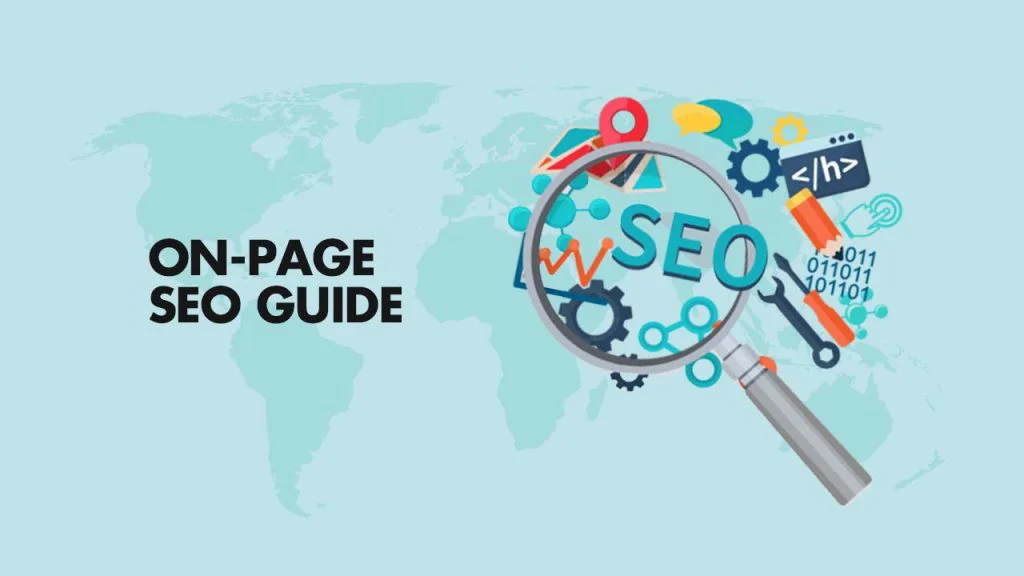
Everything from keywords and meta descriptions to title tags and H1s has an impact on search engine rankings. You want your on-page SEO strategy to be focused, logical, and authoritative—and you want it to be long-term. A good place to start is with anchor text, which refers to clickable keywords used in hyperlinks. This matters because it can impact how a page ranks for terms that are similar but not identical to those used in internal link references.
For example, if I use digital marketing as my anchor text when linking to another website’s guide about digital marketing, Google will give that other website more credit if people choose to click through and read their guide. That’s why it’s important to focus on building relevant links over time rather than targeting one big link opportunity right away. By focusing on quality content (with a specific keyword target) over quantity of Backlinks(in general), you’ll see better results over time.
Which is better lots of links or high quality links Why?
Both are important, but each has its own benefits. High-quality links from relevant sites can be a great asset for building your reputation and establishing yourself as an authority in your field. Links tell Google that your content is of value and worth linking to, plus they provide additional ways to measure how much people like your site (compared to other search results).
In other words, high-quality links can contribute to better rankings and a stronger online presence. But getting those links takes time. You have to create great content first (not always easy), then find sites that would link back to it—and hope they agree with you when it comes to keyword use and length.
Getting lots of links quickly means creating lots of low-quality content, which could hurt your website’s credibility if you aren’t careful. That said, quick wins will also help boost traffic to your site immediately after launch, which will help bring in more visitors who may click on ads or buy products directly from you. Which should you focus on? It depends on what stage your business is at. If you’re just starting out and trying to get some initial traction for your brand new website, focus on quality over quantity . Create good content that attracts links organically over time by providing real value and helping others succeed.

